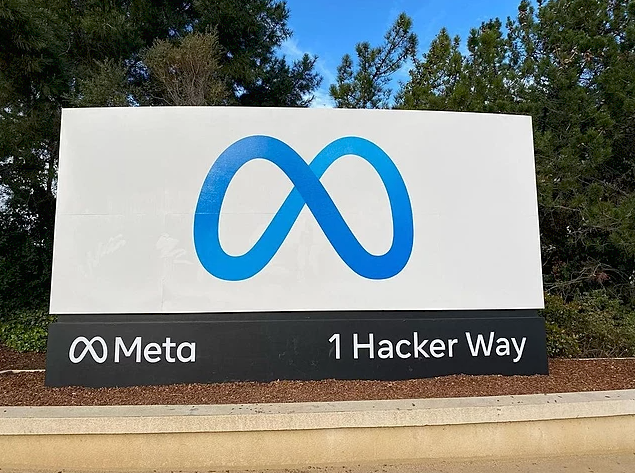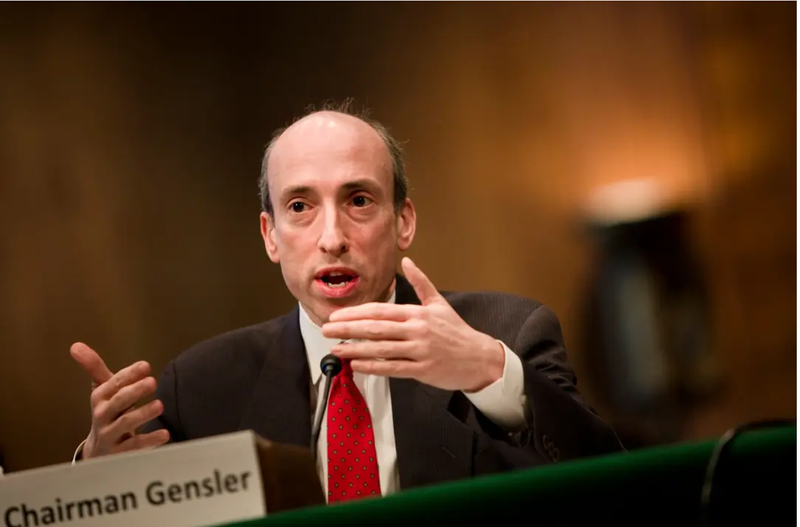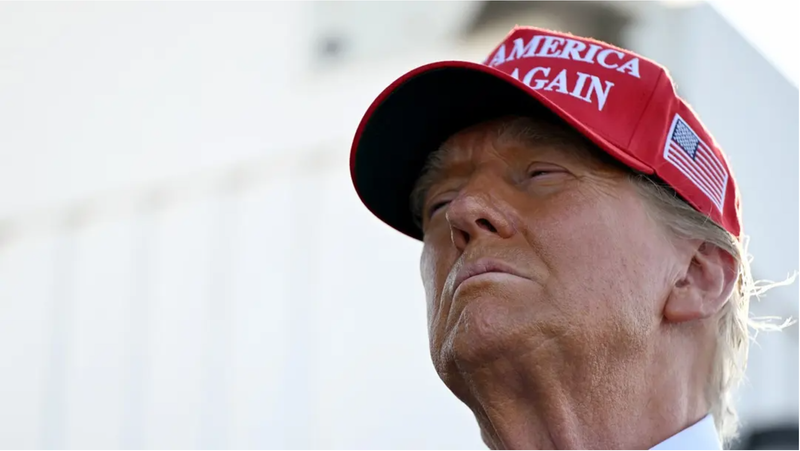Norway to Fine Meta $98.5k Daily Over Privacy Breach
Beginning Aug. 14, Norway's data protection authority will fine Facebook's parent company Meta 1M krone ($98.5k) per day for privacy breaches, including harvesting users' locations and using them for targeted advertising.

Facts
- Beginning Aug. 14, Norway's data protection authority will fine Facebook's parent company Meta 1M krone ($98.5k) per day for privacy breaches, including harvesting users' locations and using them for targeted advertising.1
- This comes after the watchdog, known as Datatilsynet, warned last month that it would temporarily ban Meta's tracking and profiling of users in the country, adding that if it continued the company would risk being fined.2
- Meta last week said it plans to begin asking users in the EU, European Economic Area (EEA), and Switzerland for consent before allowing targeted advertising on its networks. Before that, Meta defended its practices by arguing it had a "legitimate interest" to gather data, though regulators dismissed the claim.3
- Though the fines are scheduled to end on Nov. 3, Datatilsynet could make them permanent by referring its decision to the European Data Protection Board, which could broaden the scope of the rule to all of Europe.4
- Even if Meta chooses not to abide by Norway's new rules and the fine was imposed for the entirety of the three-month ban, it would only add up to a fraction of 1% of the company's Q1 2023 profits.2
Sources: 1Guardian, 2The Register, 3Euractiv, and 4Reuters.
Narratives
- Establishment-critical narrative, as provided by Nsane Forums. Meta has clearly been deceitful in getting "permission" to track Norwegians' locations and other sensitive data, which is why the government's privacy regulator has had to step in. Vulnerable Facebook and Instagram users — most notably children — have unwittingly signed up to be watched by this tech giant, so it may be time for the entire continent to start fining Meta until it finally offers a genuine, easy-to-understand consent form.
- Pro-establishment narrative, as provided by ITIF. What regulators don't understand is that if they ban targeted advertising, the cost of social media would jump tremendously — and, obviously, the poor and less fortunate would be impacted most by those costs. We cannot forget how social media companies gave previously unheard people a voice and previously isolated people access to economic opportunity.






